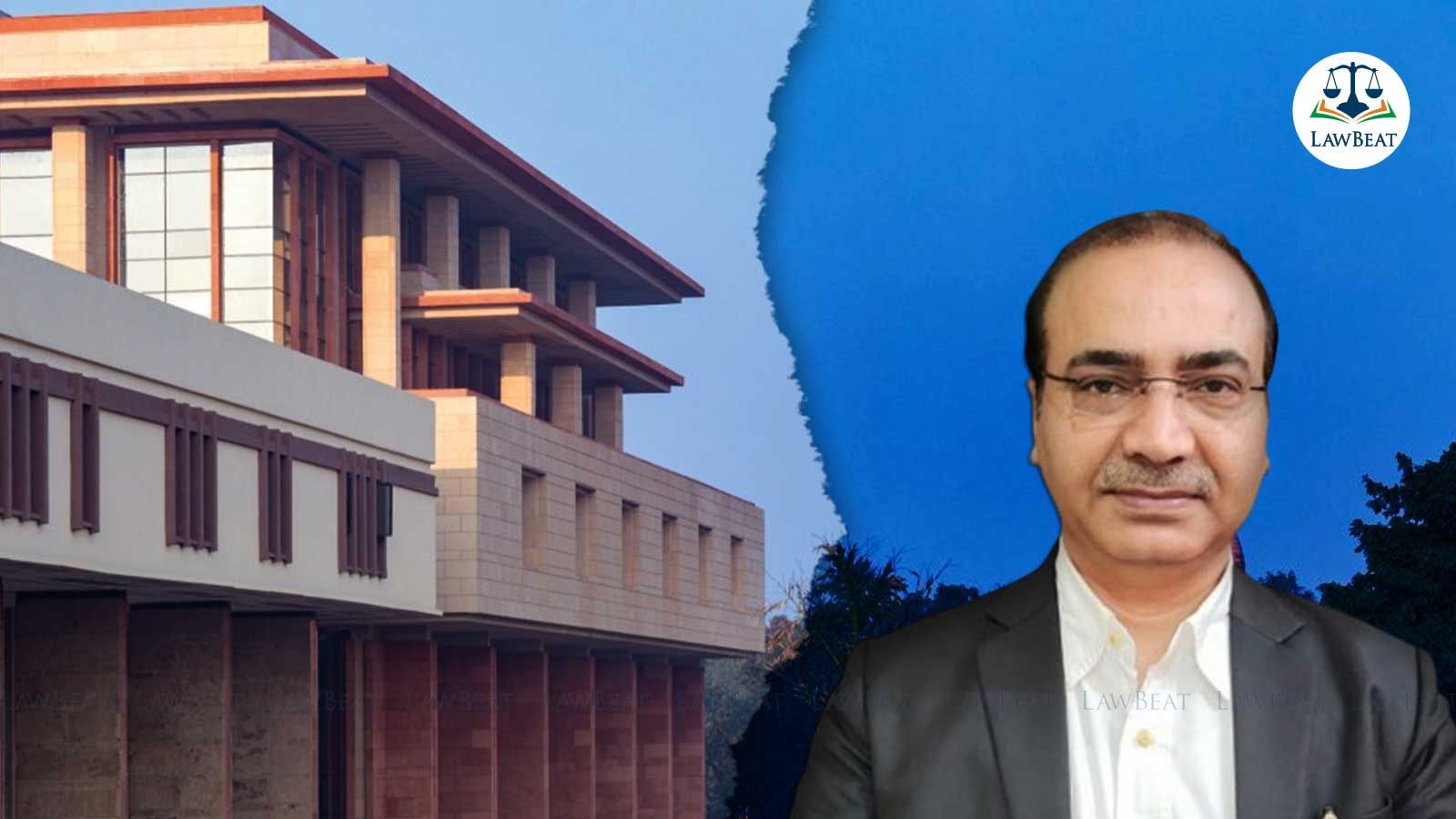Plea before Delhi HC seeks directions to Law Commission to prepare comprehensive report to control fake cases

The PIL filed by Advocate Ashwini Kumar Upadhyay seeks directions to the Law Commission of India to prepare a comprehensive report to control “fake cases” and to “reduce the police investigation time and precious time of judiciary”.
A Public Interest Litigation (PIL) was filed by Advocate Ashwini Kumar Upadhyay before the Delhi High Court on Friday seeking directions to the Law Commission of India to prepare a comprehensive report to control “fake cases” and to “reduce the police investigation time and precious time of judiciary”.
The plea seeks directions to the Police to ask the complainant about her willingness to undergo scientific tests like Narco Analysis, Polygraphy, and Brain mapping during the investigation to prove her allegation and record her statement in the First Information Report.
It also seeks direction to the Police to ask the accused about her willingness to undergo Narco Analysis, Polygraphy, and Brain mapping test to prove her innocence and record her statement in the chargesheet.
The plea states that it will work as a deterrent and there will be a massive reduction in fake cases as well as police investigation time and judicial time.
“It will also secure the right to life, liberty, and dignity of thousands of innocent citizens who are under tremendous physical mental trauma and financial stress due to fake cases”, the plea adds.
“Presently, with the growth of technology and new means to aid justice, the investigating agencies of the developed countries like USA, China, Singapore, etc are frequently using scientific tests like Narco Analysis, Polygraphy and Brain Mapping and therefore, fake cases are very less but ‘deception detection tests’ are rarely used in India that’s why police stations and courts are filled with fake cases”, the plea reads.
According to the petitioner, “narco-analysis” does not amount to compulsion as it is a mere process of extracting information through disinhibition.
“Courts in many instances have permitted the use of different scientific tests for further investigation. The narco-analysis test is conducted by a team that comprises the medical practitioners and other officers: an anaesthesiologist, a psychiatrist, a clinical/ forensic psychologist, an audio-videographer, and supporting nursing staff. The test is read and analyzed by a forensic psychologist, who then presents a report accompanied by a video recording stored on a CD. If the Courts find it necessary, then this test is further verified through brain mapping and polygraph (lie detector) test”, it states.
It further states that just like a “confession” made in the police station is not admissible, a statement made during the “narco analysis test” is not admissible in the court, except under certain circumstances when the court thinks that the facts and nature of the case permit it.
Case Title: Ashwini Kumar Upadhyay v. UOI & Ors.
